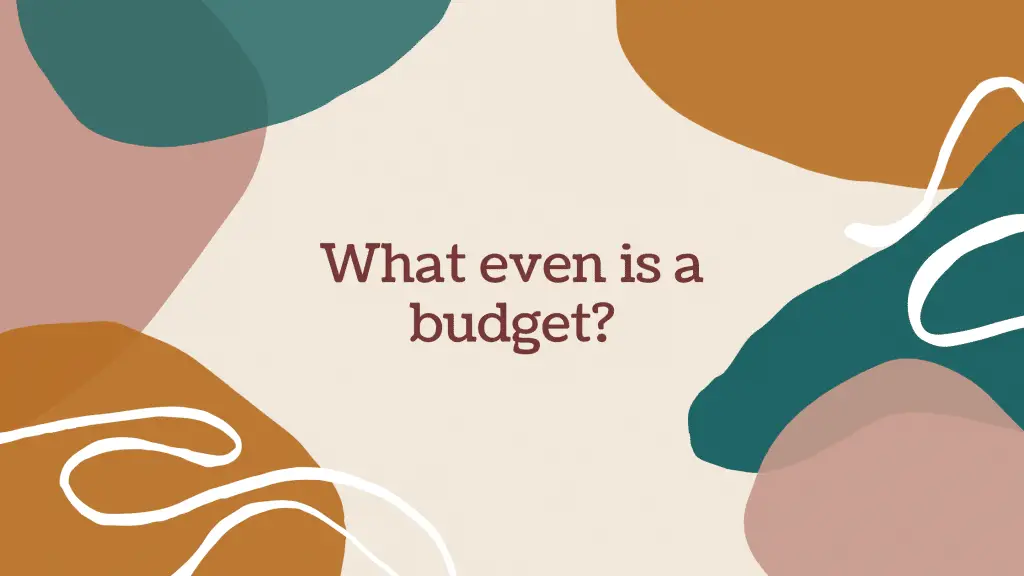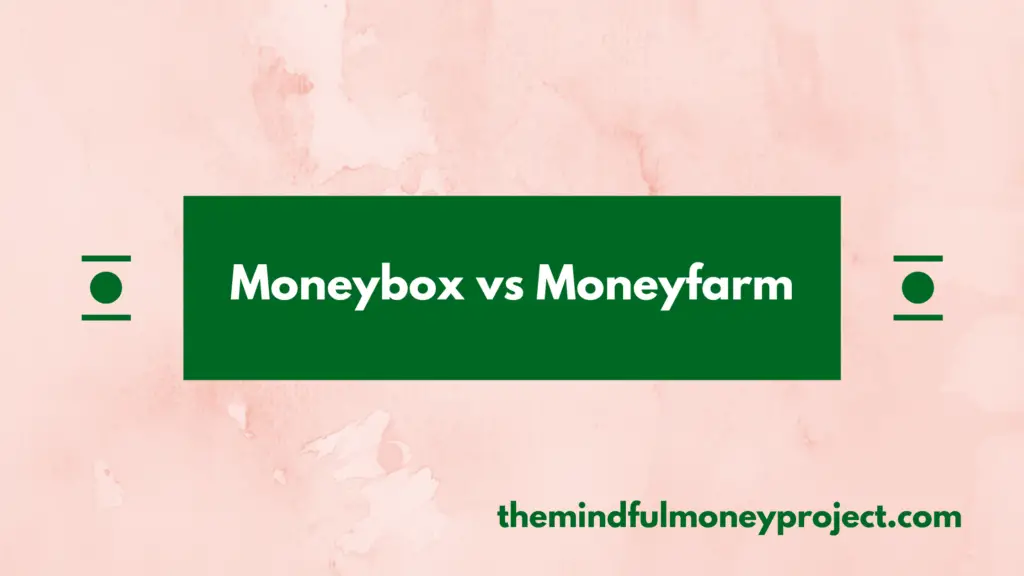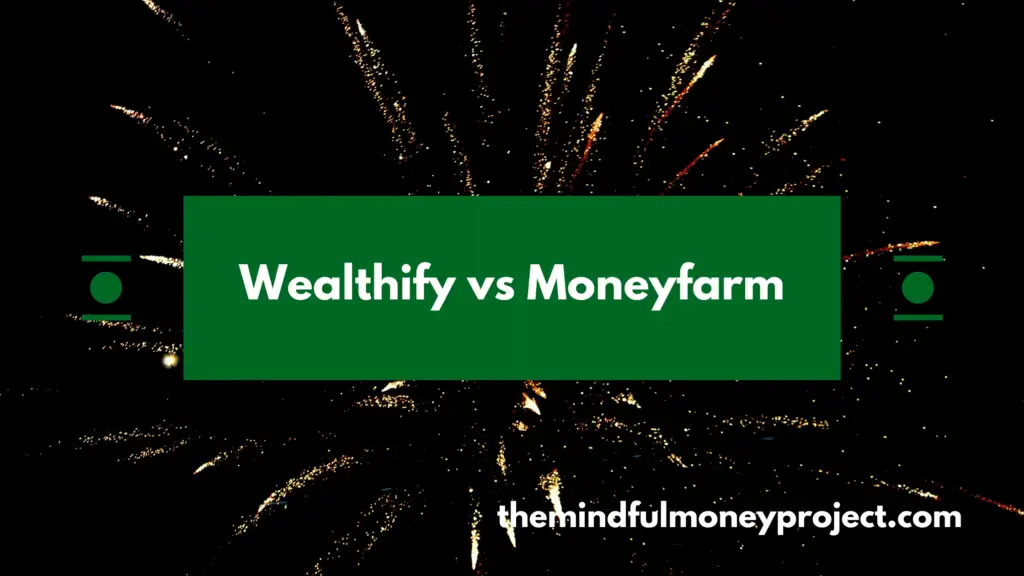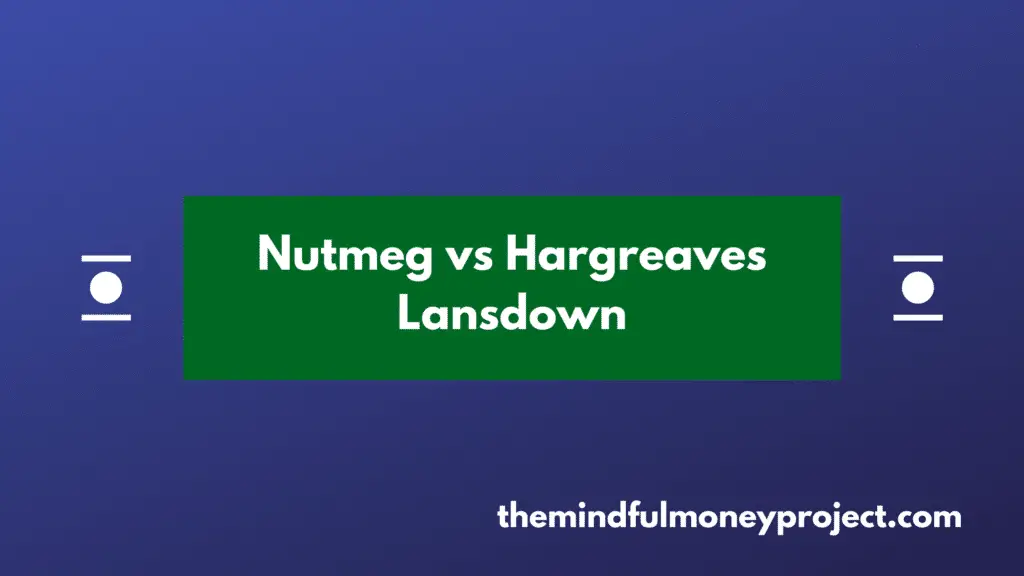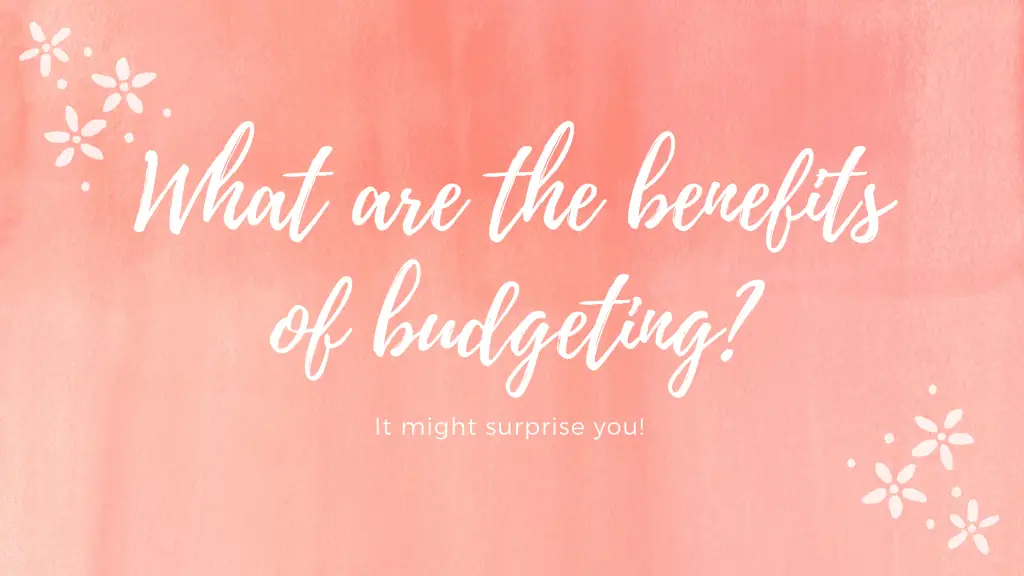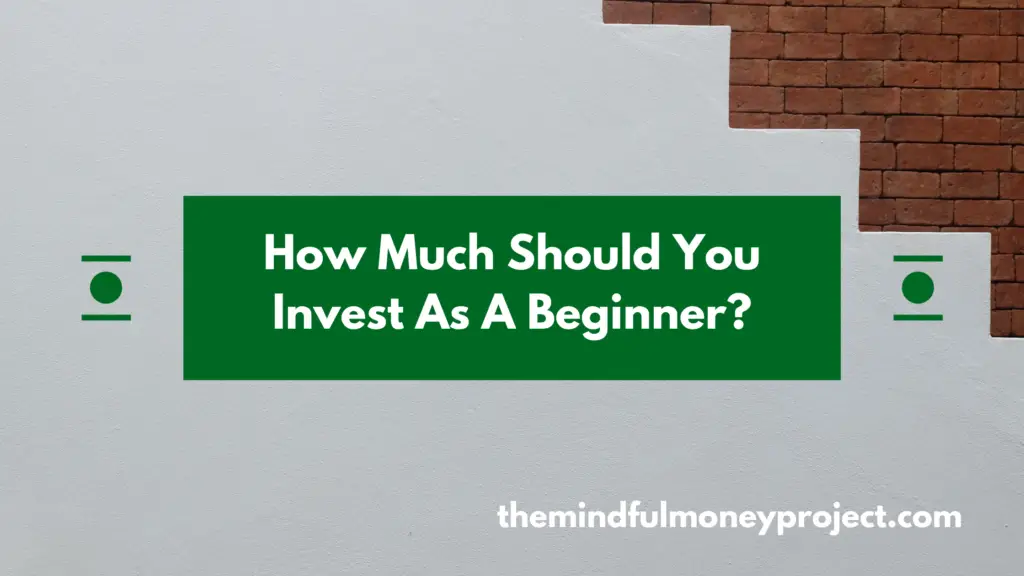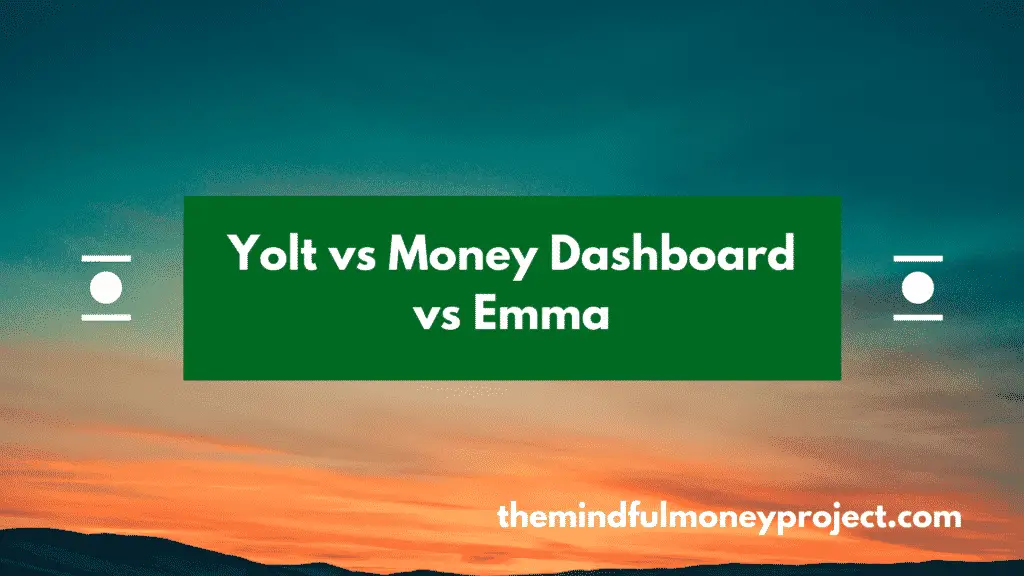Everyone talks about a budget, but do we actually know what one is?
Budgets are used in businesses as a spending expectation. Normally if a company wants to achieve 100 sales of widget x, it will need to facilitate that with its spending. It is no good if a company plans to sell 100 widgets, but is not willing to pay for the costs to make 100 widgets.
Therefore, a budget allows the company to plan for the future. If the ambition is to sell 100 widgets, then they can put in place the right amount of spending expectation to actually hit that goal. Throughout the process, it will help identify any risks to that plan, by showing where they need to invest more money, or at which point they need to raise more money to invest.
This is just as applicable to personal finances.
A budget helps set an expectation of what is an acceptable spending limit. This should be a balance between maximising your personal profit on the one hand, and enjoying your life with an appropriate lifestyle on the other.
These aren’t always a dichotomy, but most of the time they will be. It is up to you to find the balance between the two, one with which you are living a lifestyle you enjoy and can sustain, but also which allows you enough of a personal profit that allows you to build towards the future.
A budget is essentially a tool that shows you the expected income, and expected expenses that you will face in a period of time. Normally (but not always), the start point of a budget is based on any historic spending and income patterns.
This helps to identify areas that you can/should improve on and also acts as a handy barometer of success that you can check your actual spending against to see how you did.
An effective budget helps you to gaze into the future with a big ol’ crystal ball…
Once you have defined your budget, and critically it is one that you can stick to consistently, then it can really help to inform your bigger goals.
If, for example, you’re hitting your budget consistently which provides you with a monthly personal profit of £500, which equates to £6,000 per year, then you know that it will take you 2 years to save your deposit of £12,000 for your first house.
If this timeline is too long for you, then you can revisit your budget and start making the changes needed to bring it back down to an acceptable limit. It could be you need to start cutting your Netflix subscription, or stop upgrading your phone every 2 years, but these changes should equate to savings which equate to a higher personal profit, which equates to a shorter time to your goal.
So in this example, lets say that you’ve made some savings which have boosted your personal profit to £700 per month, you now have reduced the time to your £12,000 deposit goal from 2 years to 1 year and 5 months, 7 months earlier!
This ability to look into the future with a certain level of confidence is due to having a budget. I know it’s boring, but especially at the beginning of your personal finance journey, it works!
Moneybox vs Moneyfarm
In the market for a robo adviser but not sure which one to pick? Scouring…
How To Cancel Noom UK
Looking to trim back on your subscriptions by cancelling Noom? We got you. In this…
Wealthify vs Moneyfarm: Which One Is Ideal For Building Wealth?
If you’re looking to invest your money to reach your financial goals, you’ll be glad…
Nutmeg vs Hargreaves Lansdown
With so many investment platforms and robo advisors to choose from, it is no wonder…
What are the benefits of budgeting?
Even the word “budget” may evoke a deep-seated sense of fear, anxiety and loathing, but…
How Much Should You Invest As A Beginner?
Investing is the more glamorous side of personal finance. But it can seem like an…
Is Emma Budget App Free?
We all love a free app nowadays, don’t we? I sure do. But, sometimes it…
Yolt vs Money Dashboard vs Emma – The Comparison!
Don’t want to dust off a spreadsheet? A budgeting app can do most of the…
How To Cancel Graze Subscription UK
Bored of your Graze boxes or want to try a competitor’s version? We get you….
Are Money Saving Apps Safe?
Ah apps. Love them or hate them, they are an increasingly important part of our…

